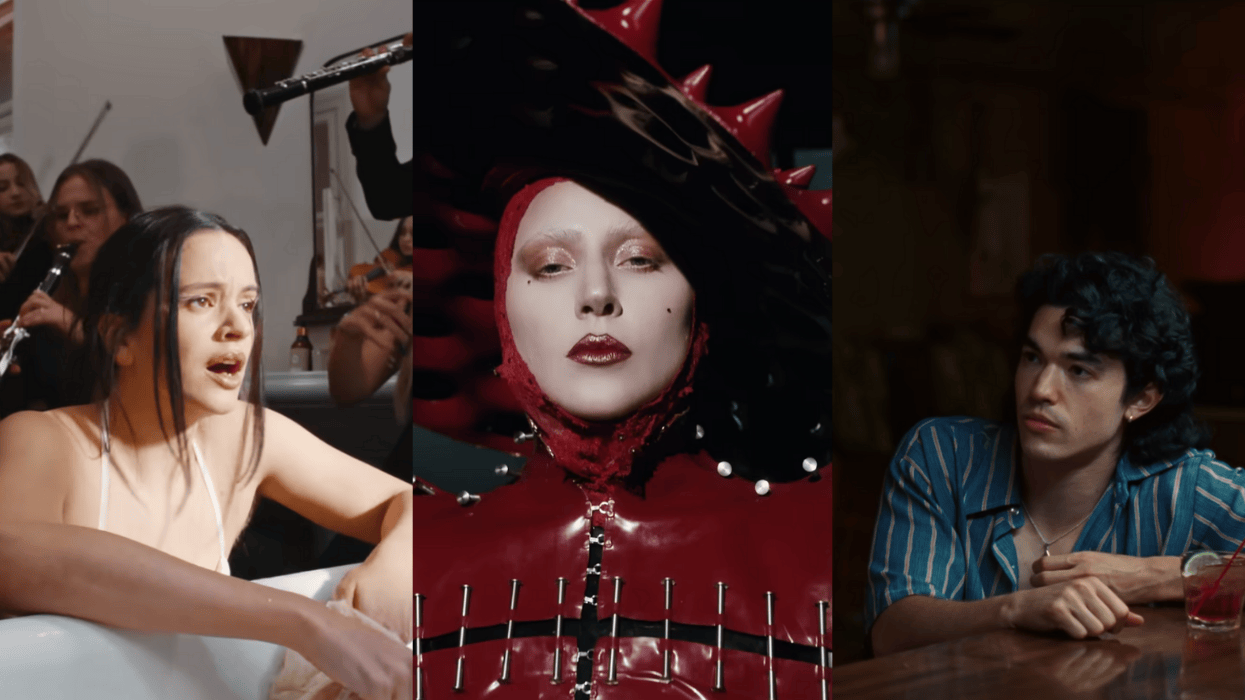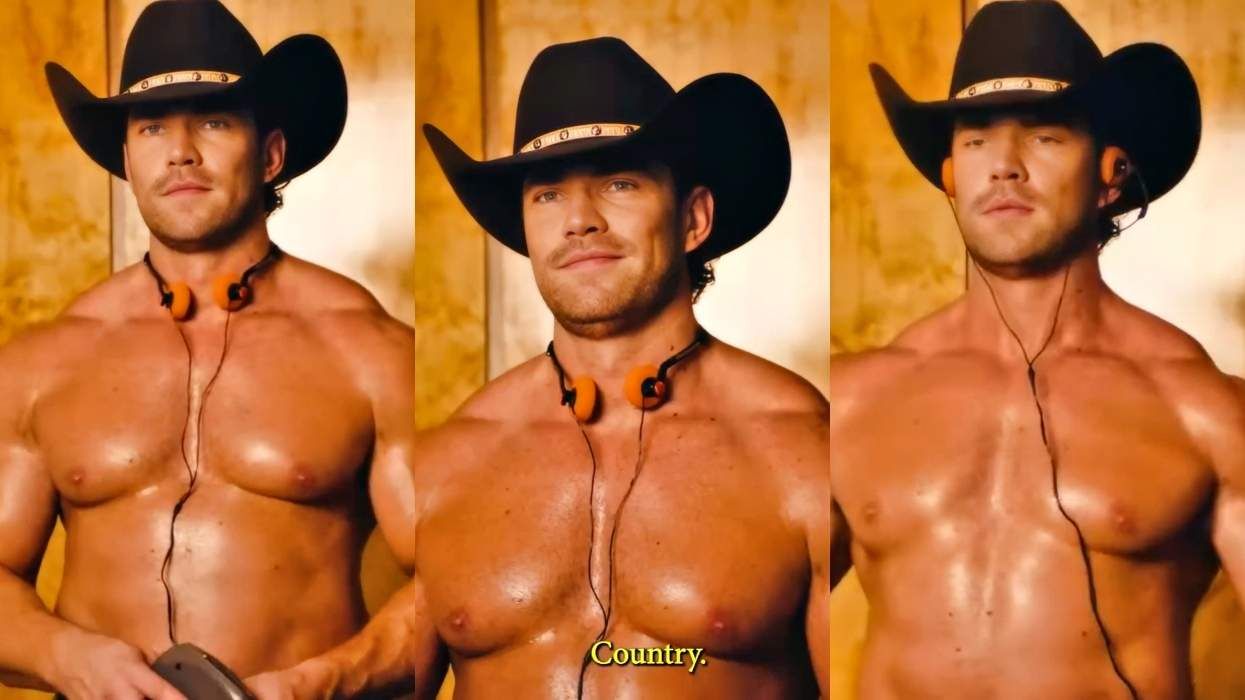10 years ago today, I bought my copy of Katy Perry's Teenage Dream from Target. My best friend Erica and I sat in her Chevy Cobalt (named Roxie) and I slid the album in the CD player. Those iconic plucky guitar strings of the title track opened the album, "You think I'm pretty without any makeup on..."
"Teenage Dream" is straightforward (some might say simple) but there's some flavor there that makes it hit harder than your average bubblegum track. Slate even called it "genius." The song strikes a chord in all of us that yearns for love, capturing the naive exhilaration of letting your guard down and allowing yourself to wholeheartedly fall for someone.
As a closeted 18-year-old, "Teenage Dream" hit a nerve of something I longed for but couldn't quite name. And I still feel that adrenaline rush listening all these years later. "Let's go all the way tonight/No regrets, just love/We can dance until we die/You and I/We'll be young forever."
Katy Perry's impact between 2010 and 2012 was undeniable. Teenage Dream produced five Billboard Hot 100 #1 singles ("California Gurls," "Teenage Dream," "Firework," "E.T.," and "Last Friday Night (T.G.I.F.)") making Perry the first woman and second artist ever to amass that many #1s on one album, following only Michael Jackson's Bad in 1987. "California Gurls" was the best-selling digital song of 2010. The album was nominated for a slew of awards, including Album of the Year and Best Pop Vocal Album at the Grammys. With the deluxe release of The Complete Confection, Perry gave us two more hit singles with "Wide Awake" and "Part of Me," as well as a critically-acclaimed documentary of the same name.
For me and many other KatyCats (what Perry calls her fans), it wasn't just a record. Teenage Dream was a sugary release of energy, whether it was just the blast of euphoria in "California Gurls," the heartbreak we've all felt listening to "The One That Got Away", the reckoning with religion in "Who Am I Living For," or even the longing for a night of debauchery like in "Last Friday Night."
I can't say I've ever felt like a plastic bag, but I certainly remember the controversial (at the time) gay kiss in the "Firework" video, and how it seemed Perry was begging me to free myself, to unleash everything I'd been holding so close to my chest. "If you only knew what the future holds/After a hurricane comes a rainbow," she sang.
It felt like Katy Perry saw me. The song wasn't just an encouraging hand on my shoulder, it was an invitation to dance with her, to celebrate this thing I was so afraid to even admit to myself.
Is it too earnest to say this album changed my life?
The best music inspires, and there's no question that Perry's music inspired millions (even if some fans never forgave her for not making "Hummingbird Heartbeat" a single). For someone struggling with his sexuality, who was terrified of coming out to his religious family and friends, who didn't know if romance was even in the cards, Teenage Dream gave me hope when I so desperately needed it.
When I was 20, I got my first tattoo. It's a simple tat, just a quote from "Teenage Dream" that reads "No regrets, just love." Looking down at it on the inside of my right bicep now as a 28-year-old man living my very gay life in West Hollywood, the sentiment can seem a bit silly, but it meant everything to me ten years ago, when showing people the inner me was a daily struggle and when I couldn't imagine celebrating who I was (unlike now, when I get to do it daily).
Thank you, Katy Perry, for giving the world Teenage Dream, and giving me that strength all those years ago to live with no regrets, just love.










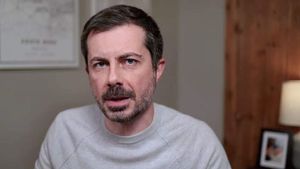




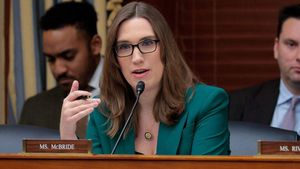

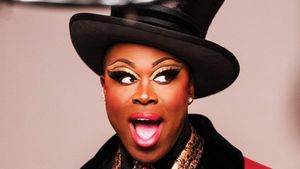







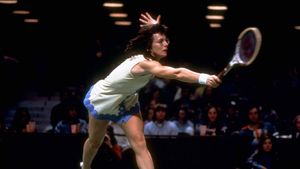




















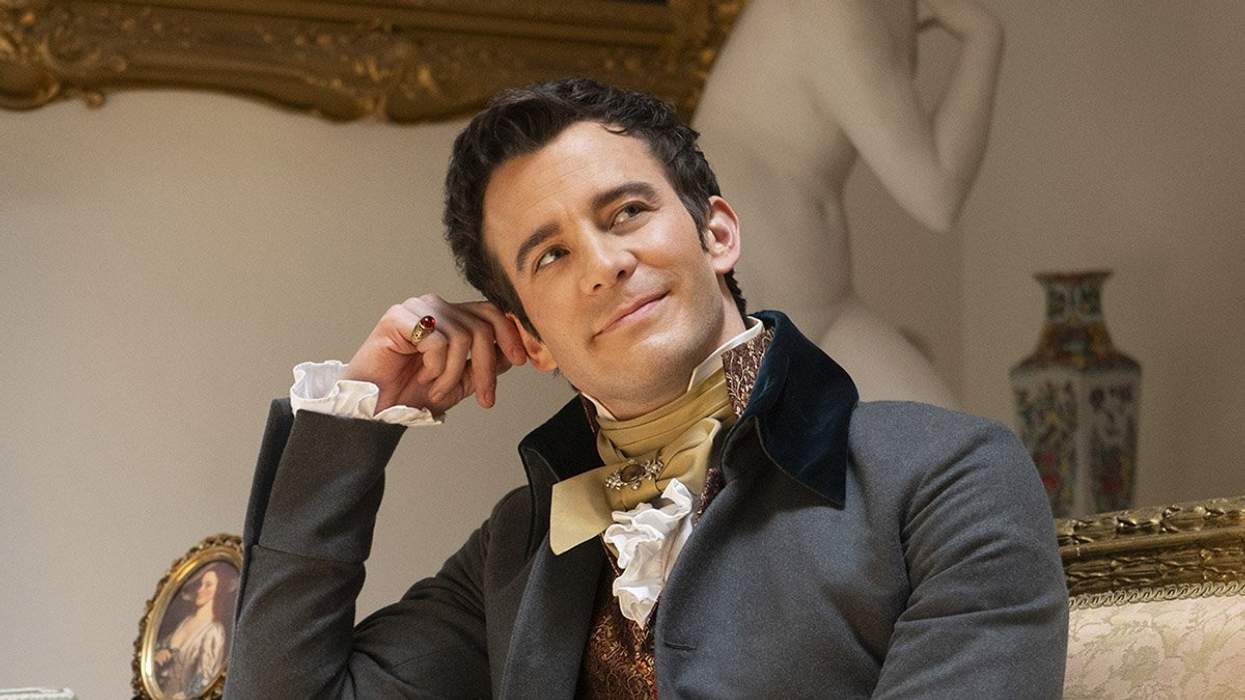

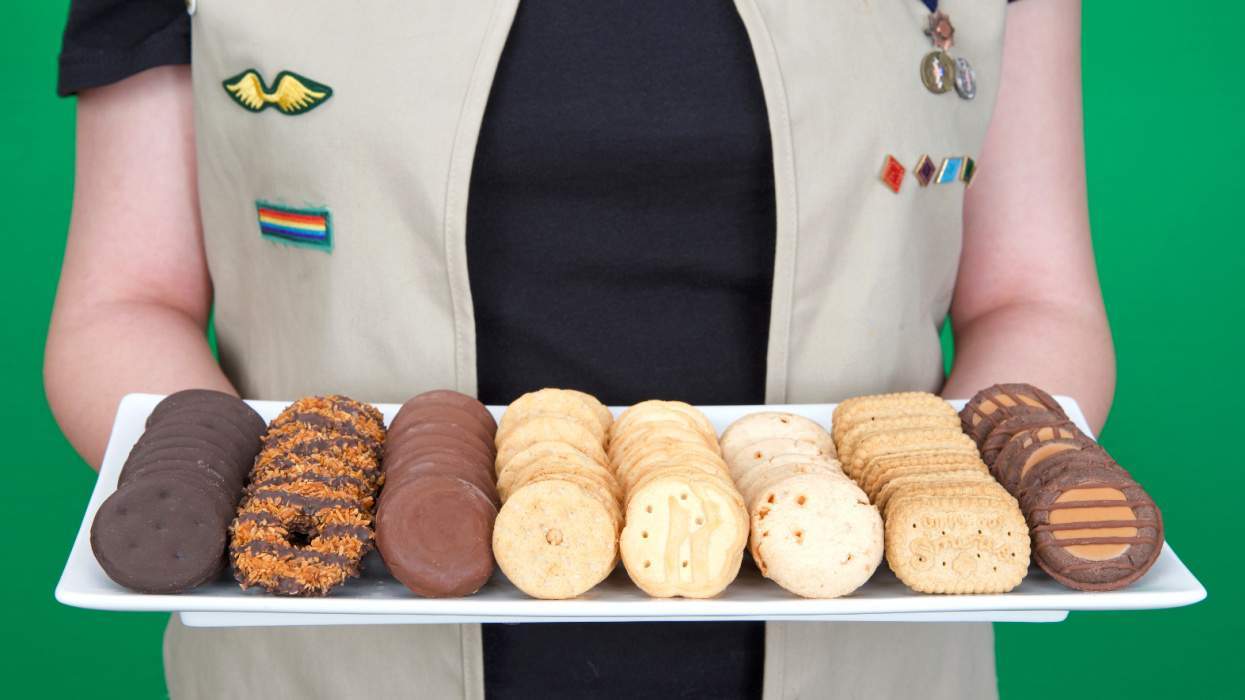
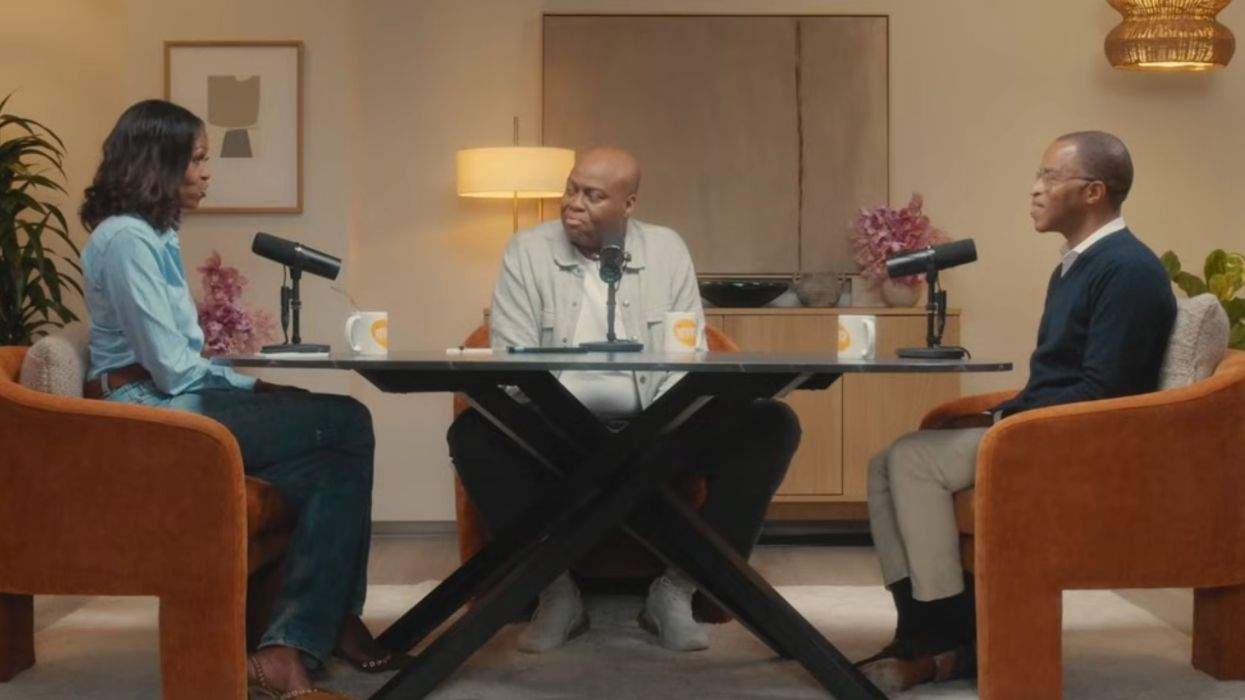







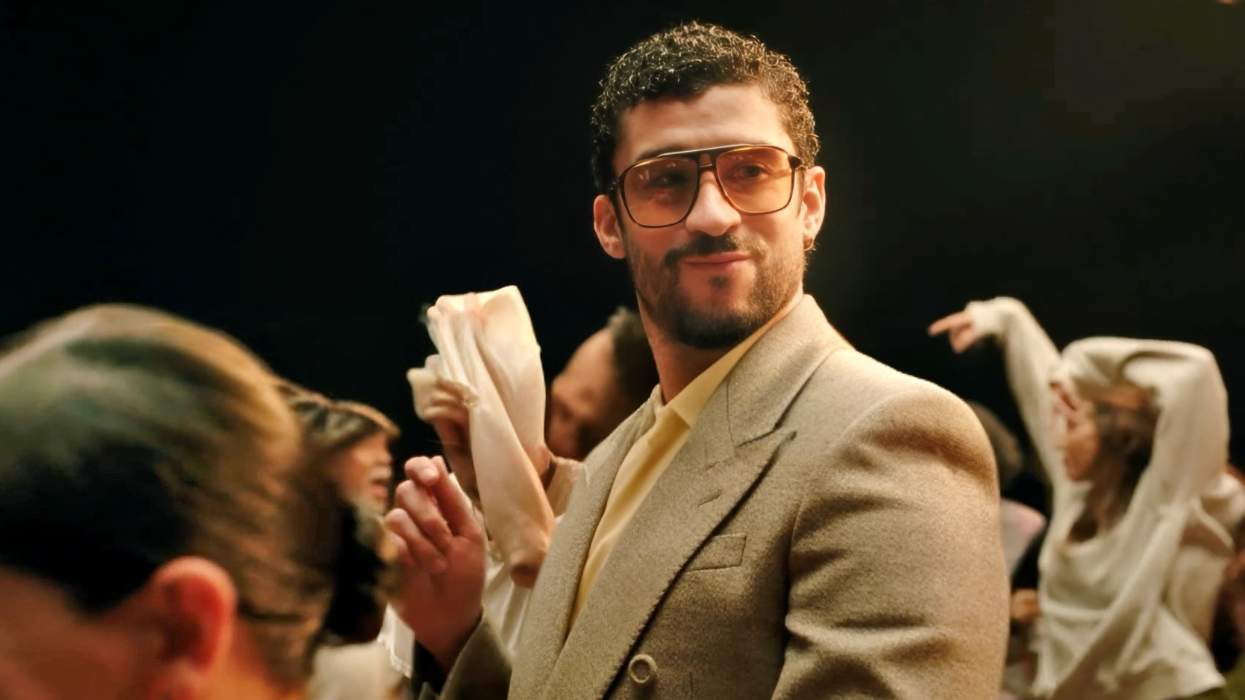
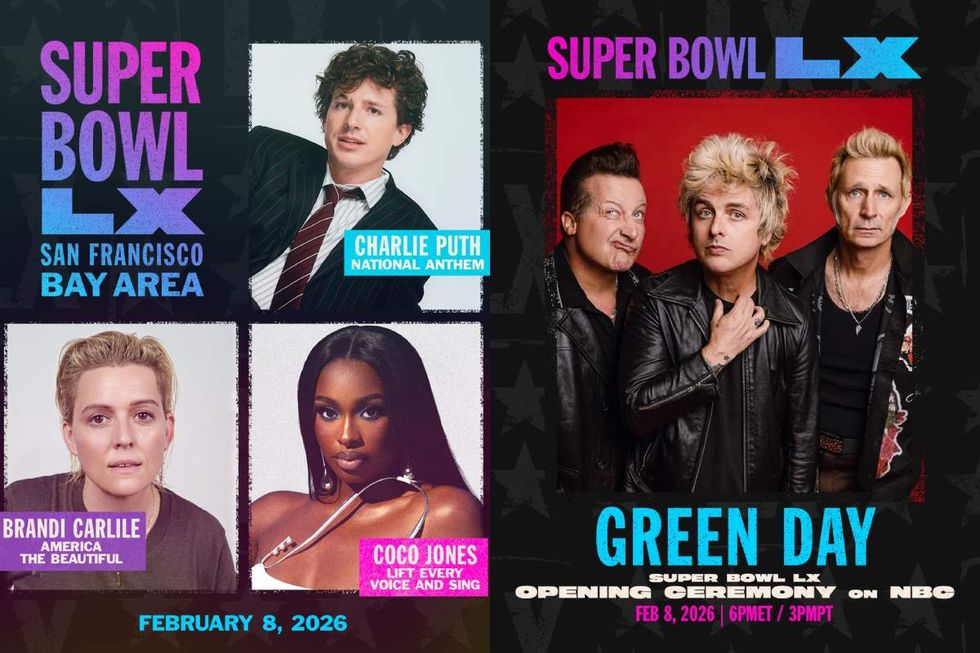 Charlie Puth, Brandi Carlile, Coco Jones, and Green Day announced as performers for the 2026 Super Bowl.
Charlie Puth, Brandi Carlile, Coco Jones, and Green Day announced as performers for the 2026 Super Bowl.